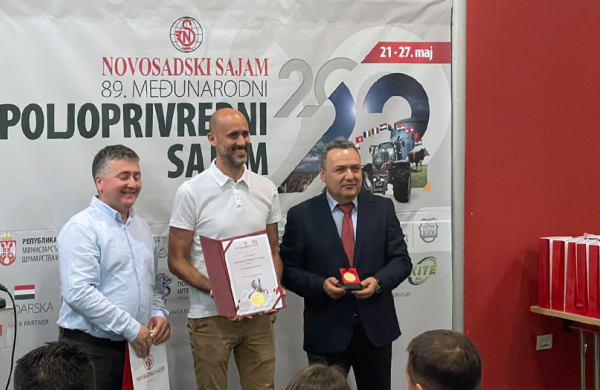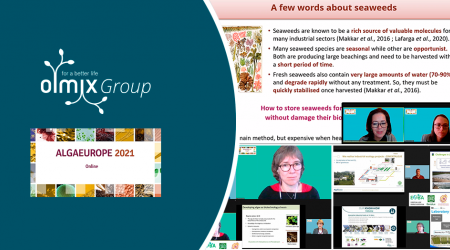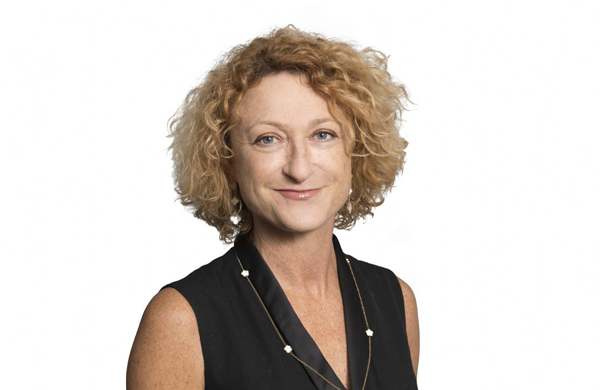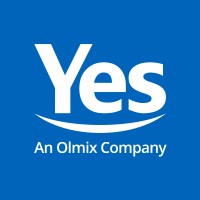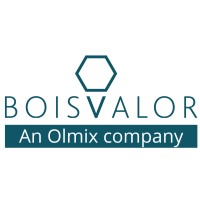The event was a great opportunity to shed light on the Olmix Group’s most ambitious projects and the company’s professional relationship with the European Investment Bank.
Hosted by ‘Technopole Quimper Cornouaille’, ‘Lorient Technopole’ and ‘7 Technopoles Bretagne’ on April 19 in Quimperlé, France, the ‘Companies & European Funds’ debate counted on the presence of Olmix Group, which was invited to participate in the plenary session of the event to discuss some of the Group’s international projects and their impact and importance for the development of the company.
On this occasion, Mrs Pi Nyvall, Olmix Group’s Scientific Director, contributed to the event through a dynamic presentation that first shone a spotlight on the ‘Monalisa’ project (2002-2006), Olmix’s European programme that aimed to develop a new alternative in animal hygiene and feed based on clays and seaweeds:
“For Olmix Group, innovation is the key and IT is an essential part of the Group’s development. In 2002 we invested in an ambitious project called ‘Monalisa’, with the aim of developing a new natural alternative based on clay and biopolymers extracted from algae. This new innovative technology was intended for applications in animal safety, hygiene and welfare, and we surrounded ourselves by renowned partners such as the CEVA (Centre of Estudy and Valorization of Algae) LMPC – Mulhouse (Laboratory of controlled porosity Materials) and Adiveter (specialist in microbiological control of food and raw materials) to carry out the programme”, she explained.
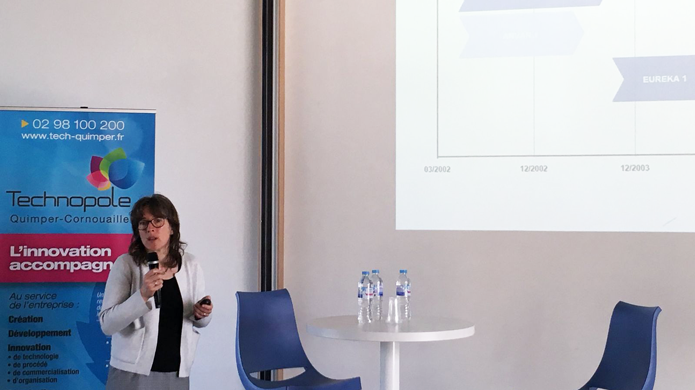
Mrs Pi Nyvall delivered a presentation.
The products developed within this project are today some of the companys bestsellers representing 13% of annual turnover and the positive impact of the Monalisa project is still an asset for the development of Olmix Group.
After that, Mrs Nyvall gave a deep insight into one of the ongoing projects of Olmix Group: ‘GenialG’ (2017).
“GenialG is a large European funded project with 19 partners particularly devoted into the production and sustainable exploitation of two high-yield species of algal biomass in Europe: the brown algae Saccharina latissima and the green algae Ulva sp. Studies will be conducted to demonstrate the economic feasibility and lack of environmental impact of the cultivation and refining of this biomass of algae to develop multiple uses. The project will also focus on anticipating the benefits of these developments in terms of economic benefits and job creation that can increase the socio-economic value of blue biotechnologies. Finally, issues such as resource conservation and biosecurity will also be addressed”, the expert said, who remarked that “the transparent and deep cooperation between all players” will be one of the keys to make the project successful:
“To achieve these objectives, GenialG brings together a cross-sectoral and complementary group of private companies and academic researchers. The project involves a diversity of actors of the marine and the seaweed sector in order to accelerate the efficiency and sustainable exploitation of algae biomass so as to bring new value-added products to the market. So, cooperation and organization between all parts will be of high-importance”.
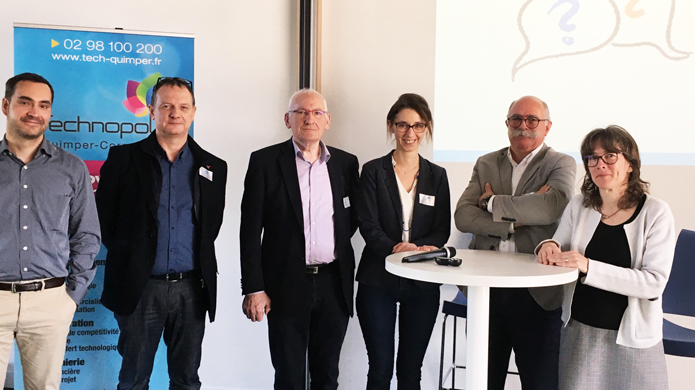
Participants of the ‘Companies and European Funds’ debate.
